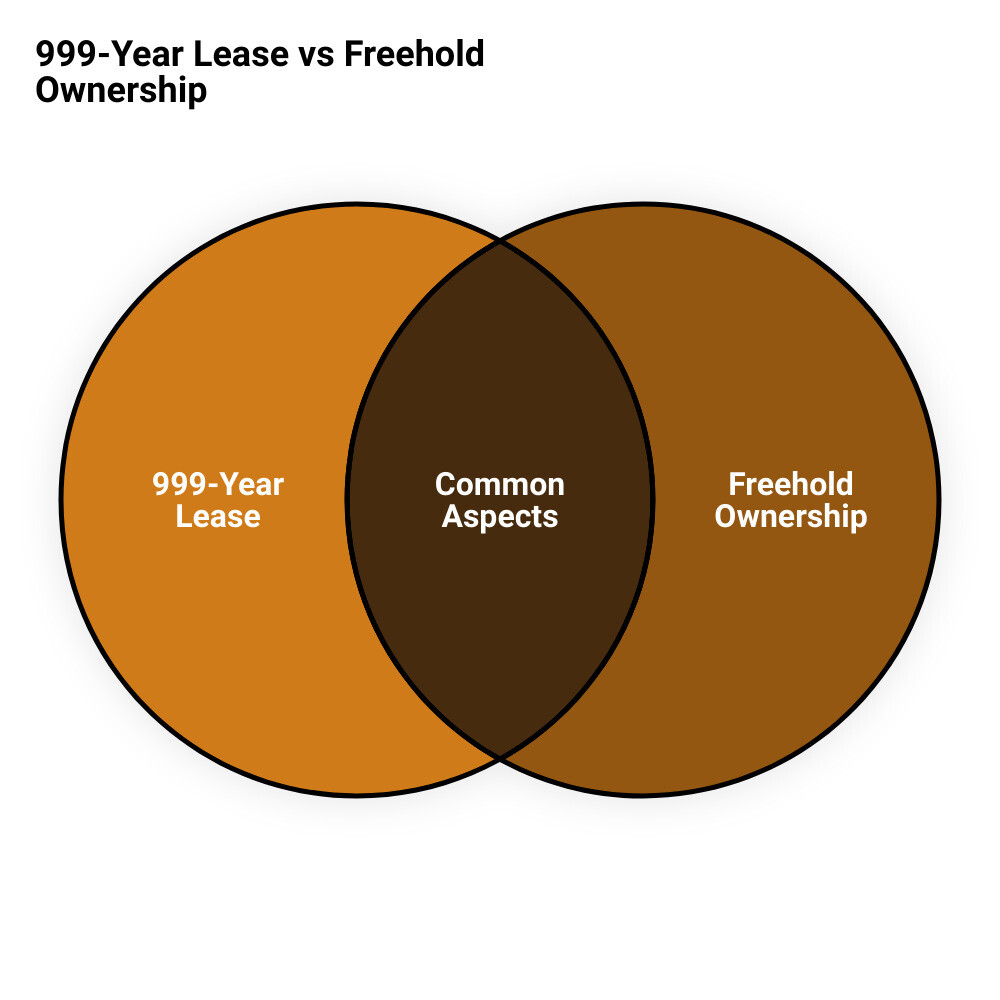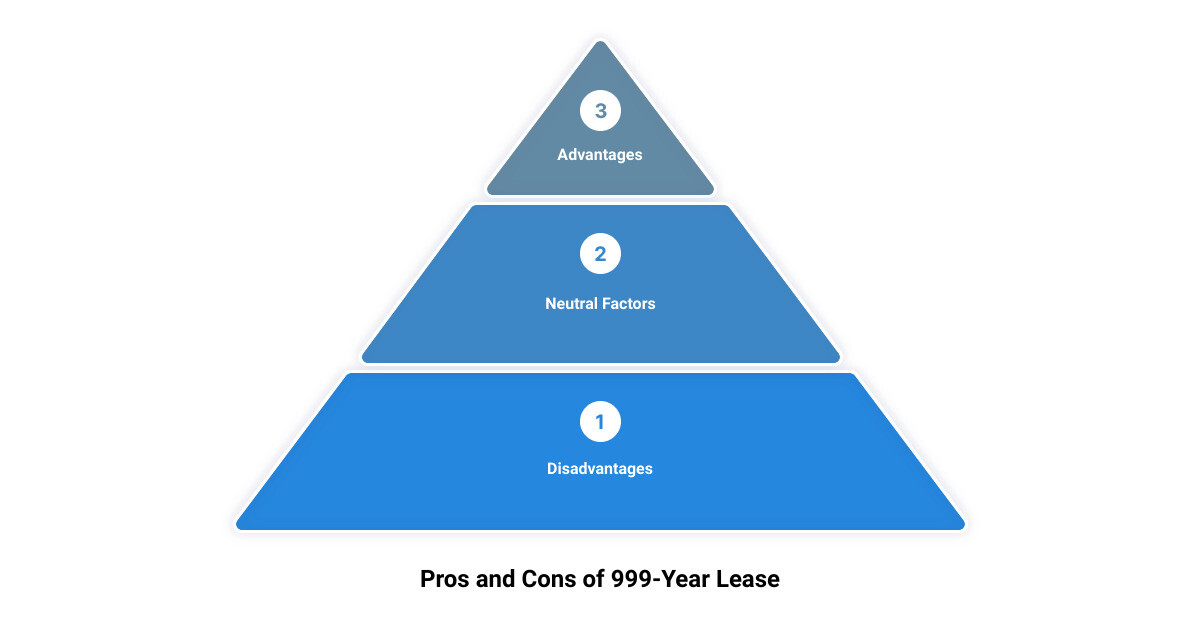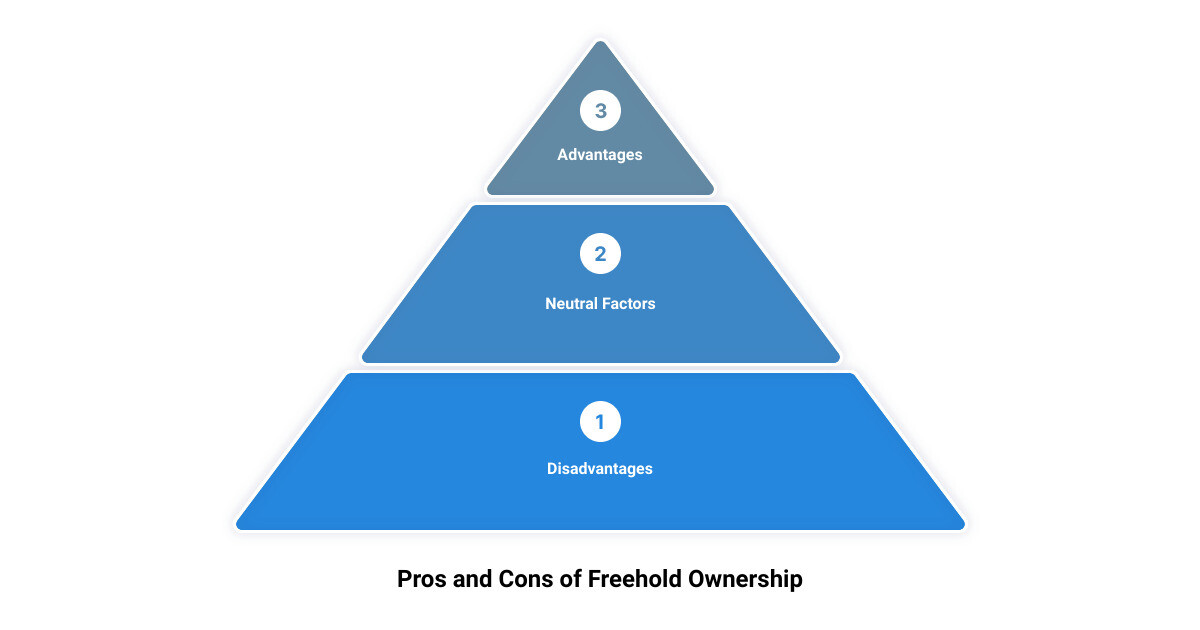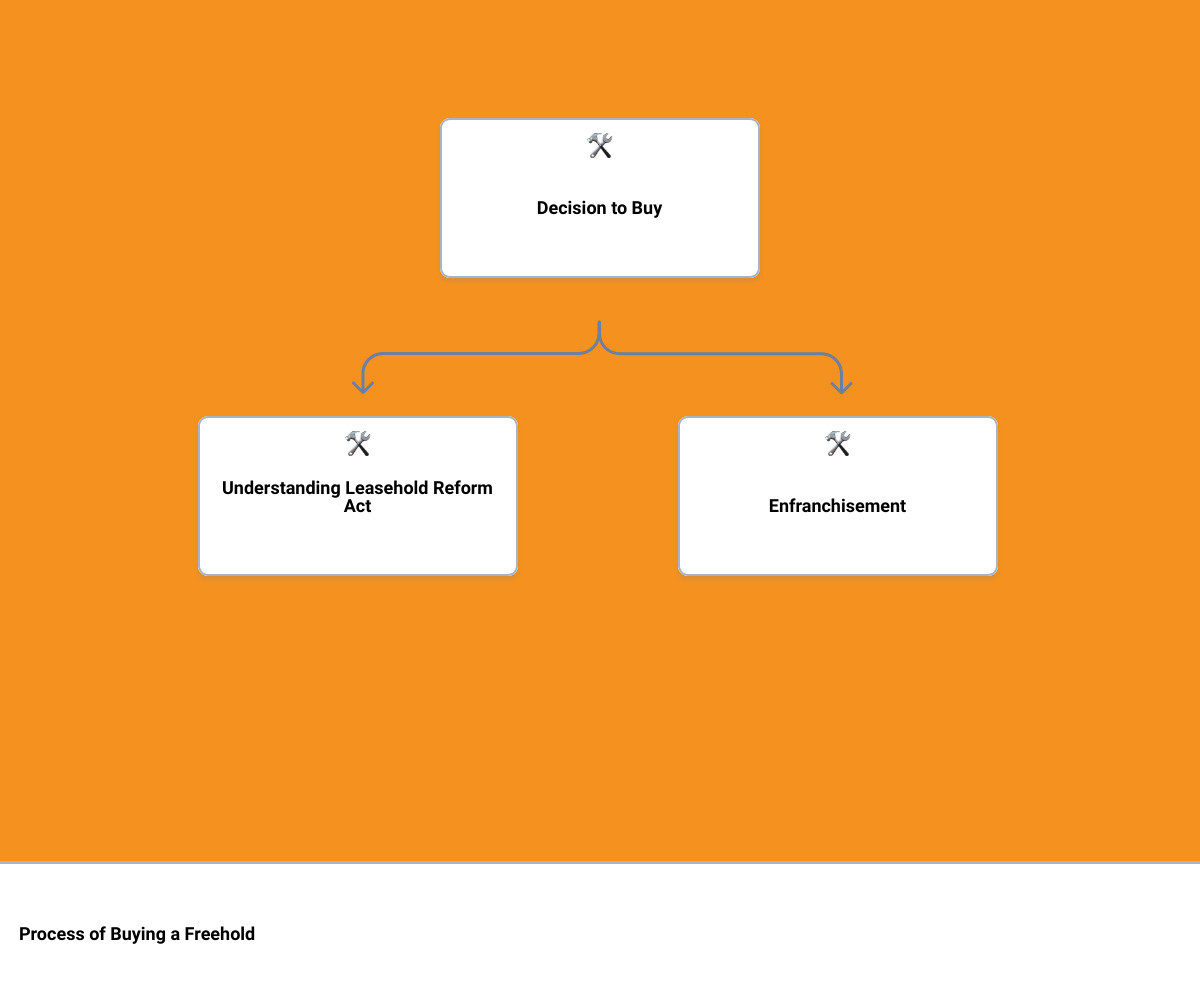Welcome to the intricate world of property ownership, where leaseholds and freeholds often coexist, but not without their own unique set of complexities. If you are a homeowner or a potential property buyer/seller, you may find the concepts of freehold and leasehold somewhat baffling. This guide is designed to help you navigate this intricate realm and unlock the secrets to buying freehold 999 year lease.
In the realm of property ownership, the terms freehold and leasehold refer to the legal rights a person has over a property and the land it sits on. It’s important to understand these terms and the implications they have on your property ownership, as they can significantly impact your rights, financial obligations, and the process of buying or selling a property.
So, what’s a freehold and a leasehold? In simple terms, freehold means you own the property and the land it stands on outright, while leasehold means you lease the property for a certain period, typically from a freeholder. But there’s more to it than just that.
Understanding these concepts becomes particularly important when it comes to purchasing a freehold on a leasehold property, a process known as enfranchisement, or when considering a long lease, such as a 999-year lease.
So, buckle up as we uncover the secrets to buying a freehold 999 year lease and delve into the nuances of freehold and leasehold ownership. Our goal is to provide you with clarity, save you time and money, and ensure a smooth and efficient property transaction process.
The Difference Between a 999-Year Lease and Freehold Ownership
As we venture into the intricate world of property ownership, understanding the fundamental differences between a 999-year lease and freehold ownership is paramount. These terms may seem complex, but once you grasp their core concepts, you’ll be in a better position to make informed decisions.
The Concept of a 999-Year Lease
A 999-year lease is a form of leasehold property ownership. Unlike a short-term lease that may typically last between 99 to 125 years, a 999-year lease, often referred to as a ‘virtual freehold’, offers a semblance of permanence. You own the property for an extensive period, almost as if you are the outright owner.
However, it’s crucial to remember that despite its longevity, a 999-year lease still comes with certain restrictions. You may be subject to service charges, yearly ground rent (for leases granted before June 30, 2022), and limitations on property use, such as pet ownership or making certain alterations. These terms are set by the freeholder or landlord, who owns the land and, in the case of flats, the building your property resides within.
The Concept of Freehold Ownership
In contrast, freehold ownership gives you the ultimate control over your property. As a freeholder, you own the property and the land it sits on indefinitely. This includes the building structure, roof, common areas like car parks and gardens, and even the land beneath your property.
Unlike a leaseholder, you’re not bound by annual ground rent or service charges, and you typically have more freedom when it comes to property use. You won’t be restricted by the terms set by someone else, which can offer more peace of mind and autonomy.
Comparing 999-Year Lease and Freehold Ownership
Drawing a comparison between a 999-year lease and freehold ownership, it becomes clear that both have their unique advantages and limitations.
A 999-year lease offers an extended period of ownership, adding a sense of stability and enhancing the property’s market value. However, it’s essential to know that it’s still a leasehold property. Restrictions and charges set by the freeholder still apply.
On the other hand, freehold ownership offers unrestricted autonomy over the property and land, with no service charges or ground rent to worry about. However, it might come with its own set of responsibilities, including maintenance of the entire property and land.
In essence, whether a 999-year lease or freehold ownership is the right choice for you depends largely on your personal circumstances, financial situation, and long-term plans. In the following sections, we will delve deeper into the pros and cons of each type of ownership to help you make an informed decision.
The Pros and Cons of a 999-Year Lease
When it comes to property ownership, the choice between a 999-year lease and freehold can significantly impact your financial and lifestyle decisions. Both options have their own unique advantages and drawbacks, depending on your property goals and personal circumstances. Let’s break down each one to give you a clearer understanding of these forms of ownership.
Advantages of a 999-Year Lease
A 999-year lease is an attractive proposition for many buyers due to several key benefits:
Long-term Security: A 999-year lease provides a sense of long-term security, as it is almost equivalent to owning the freehold. The lease is long enough to last several lifetimes, effectively removing concerns about the lease running out in your lifetime.
Increased Property Value: A property with a 999-year lease can have an increased value of between 5% – 7%. This is because the lease is viewed favourably by potential buyers and mortgage lenders who appreciate the security it offers.
Less Worry About Renewal: With a 999-year lease, you don’t have to worry about renewing the lease. This saves on potential costs, legal fees, and the hassle associated with lease renewals.
Possibility of Lower Ground Rent: Recent leasehold reform updates have capped ground rents at a peppercorn, making it more affordable for leaseholders.
Disadvantages of a 999-Year Lease
Despite its advantages, a 999-year lease is not without its drawbacks:
Restrictions on Property Use: As a leaseholder, you may face restrictions on how you can use and modify the property. Major alterations or extensions often require the freeholder’s permission.
Service Charges: Leaseholders are often required to pay service charges for the maintenance and repair of the building, shared spaces, and other communal areas. These charges can fluctuate and may increase over time.
Ground Rent Increases: While recent reforms have capped ground rents, some pre-existing leases may still be subject to increasing ground rent. This can result in a financial burden over time.
Potential Difficulty in Selling: While a 999-year lease may be attractive to some buyers, others may prefer the autonomy and control of a freehold. This could potentially limit your pool of interested buyers when you decide to sell.
In conclusion, while a 999-year lease offers many benefits, it’s crucial to consider the potential drawbacks and assess how they align with your property goals and lifestyle needs. Remember, professional advice from a conveyancing and survey service can be invaluable in helping you navigate this complex area.
The Pros and Cons of Freehold Ownership
Unravelling the intricacies of property ownership can feel like navigating a labyrinth. But fear not! Let’s delve into the advantages and disadvantages of freehold ownership. This knowledge will help you make an informed decision about whether buying a freehold property aligns with your property investment goals and lifestyle needs.
Advantages of Freehold Ownership
Absolute Ownership: Freehold ownership offers the highest degree of ownership, often referred to as ‘title absolute’ or ‘fee simple’. As a freeholder, you own the property and the land it sits on in perpetuity, providing a sense of security and permanence.
No Ground Rent: Unlike leasehold properties, freehold properties are not subject to ground rent charges, reducing your ongoing property-related expenses.
Complete Control: Owning freehold means you have full control over the property. This includes making decisions about renovations or modifications without having to seek permission from a landlord or managing agent, as is often the case with leasehold properties.
Ease of Sale: Freehold properties are typically more attractive to prospective buyers and mortgage lenders, as there are no lease terms to consider, making the selling process usually smoother and more straightforward.
Disadvantages of Freehold Ownership
Full Responsibility: As a freeholder, you are solely responsible for the maintenance and repair of the property and the land it sits on. This includes the structure of the building, the garden, the driveway, and any shared facilities. This could potentially result in significant unforeseen costs.
Potential Service Charges: If your property shares any services (like communal gardens or access roads) with neighbouring properties, you may still be required to pay service charges.
Less Flexibility: Freehold properties require a greater level of commitment and may not be ideal for those seeking short-term ownership or more flexibility.
Higher Initial Costs: While not always the case, freehold properties can sometimes come with a higher purchase price than leasehold properties, due to the benefits and security they offer.
In summary, freehold ownership comes with significant advantages, including absolute ownership and no ground rent. However, it also has its disadvantages, such as full responsibility for maintenance and potentially higher initial costs. Understanding these pros and cons is fundamental when considering the acquisition of a freehold 999-year lease property. The next section will guide you through the process of buying a freehold on a leasehold property, shedding light on the key stages and legal implications involved.
The Process of Buying a Freehold on a Leasehold Property
If you’re a property owner considering the purchase of a freehold, you’re about to embark on a journey of legal procedures and negotiations. This process, while complex, can significantly enhance your control over your property and potentially increase its value. Let’s unveil the secrets behind the Leasehold Reform Act 1967, the process of enfranchisement, and the indispensable role of conveyancing and survey services in buying the freehold.
Understanding the Leasehold Reform Act 1967
The Leasehold Reform Act 1967 is a pivotal piece of legislation that provides leaseholders with the right to purchase the freehold of their property. The Act was further supplemented by the Leasehold Reform Housing and Urban Development Act 1993, which extended the ability to force the sale of the freehold to flat owners as well. This process, known as Collective Enfranchisement, applies to all types of buildings, from large urban blocks to small suburban conversions.
The Process of Enfranchisement
Enfranchisement is the legal process of buying the freehold of a leasehold property. Notably, this process requires agreement from a majority of the leaseholders in a building. It is a multi-step process, starting with the drafting of an initial notice and ending with the negotiation and agreement on the purchase price.
The valuation formula for the purchase price can be complex and depends on numerous variable factors. These can include the presence of commercial elements in the building, the existence of a caretaker’s flat, potential development value on the roof, or a confusing title structure with intermediate/head-landlords.
The Role of Conveyancing and Survey Services in Buying Freehold
In the process of buying a freehold, conveyancing and survey services play an integral role. A skilled conveyancer or property law solicitor can guide you through the legal complexities of the transaction, ensuring that your interests are protected. They will handle the drafting of the initial notice, conduct necessary property searches, review and negotiate the contract, and coordinate with any mortgage lenders involved.
Moreover, they will assist in preparing essential property documentation, including title deeds and property information forms. These provide crucial information about the property, its boundaries, planning permissions, ongoing disputes, and other relevant details.
The role of survey services is to conduct an accurate valuation of the property. This is critical in determining the purchase price during the enfranchisement process.
In summary, buying a freehold on a leasehold property is a complex but rewarding process. With the right professional advice, you can navigate the intricacies of the Leasehold Reform Act 1967 and the enfranchisement process, ultimately gaining more control over your property and potentially enhancing its value.
The Impact of a 999-Year Lease on Property Value
It’s a common question among homeowners and property buyers alike – can a 999-year lease actually make a difference to the value of your property? The answer is a resounding yes. But, like most things in the world of property, it’s not without its potential risks.
How a 999-Year Lease Can Increase Property Value
A 999-year lease is often viewed as the next best thing to owning a freehold property. Why? Because it provides a sense of long-term security. Property ownership through a 999-year lease is almost akin to freehold ownership, and this perception can boost the value of your property significantly. Industry experts suggest that a 999-year lease can add between 5% – 7% to the value of a property.
The appeal lies in the longevity of the lease. When a property has a lease of 999 years, potential buyers do not have to worry about the lease running out during their lifetime or even during their children’s lifetimes. This long-term security can make the property more attractive to buyers, thereby increasing its market value.
The Potential Risks of a 999-Year Lease on Property Value
Despite the potential benefits, a 999-year lease is not without its potential risks. While buying a leasehold property with a 999-year lease is generally considered good due to the length of the lease, it is still subject to the same lease restrictions. If these restrictions are too stringent, they can negatively impact the property’s value.
Additionally, if the ground rent or service charges associated with the lease are high, it can deter potential buyers, subsequently reducing the property’s value. Also, it’s worth noting that while a 999-year lease is long, it is not endless. As the lease term decreases, the property’s value may decline.
In conclusion, while a 999-year lease can potentially increase the value of a property, it is essential to carefully consider the terms of the lease and seek expert advice to understand any potential risks fully. Buying a property is a significant investment, and understanding the impact of a 999-year lease on your property’s value can guide you in making the best decision for your situation.
Conclusion: Making the Right Decision When Buying Freehold 999 Year Lease
Navigating the complexities of property ownership can be a daunting task. Whether you are considering a 999-year lease or freehold ownership for your property, understanding the nuances of both can make a significant difference.
The Importance of Seeking Professional Advice
Leasehold reform updates have made strides in ensuring the rights of leaseholders. However, the intricacies of property laws and their implications on your investment make it crucial to seek professional advice. A conveyancing solicitor can provide invaluable insights into the terms of the lease, ground rent, and potential future costs. They can also help you in negotiating an extension of your lease to 999 years or assist in the process of enfranchisement.
Remember, the decision between a 999-year lease and freehold ownership doesn’t just impact your immediate costs. It can also affect your property’s long-term value and your rights as a property owner. Thus, working with a conveyancer can help ensure that you’re making an informed decision that aligns with your property ownership goals.
Final Thoughts on Buying Freehold 999 Year Lease
When it comes to buying a freehold 999-year lease, it ultimately comes down to your specific needs and circumstances. A 999-year lease can offer a similar value to freehold ownership without some of the responsibilities that come with being a freeholder. However, the limitations on property alterations and the potential for service charges may not suit everyone.
On the other hand, freehold ownership offers complete control over your property, with no ground rent to pay or lease expiry to worry about. But, it also comes with the responsibility of maintaining and repairing the property.
Whatever option you choose, remember that the key to a successful property purchase lies in understanding your rights, weighing the pros and cons, and seeking expert advice.
Here at My Conveyancing Specialist, we’re dedicated to providing transparency and tailored services to help you make the right decision when buying freehold 999 year lease. As you embark on your property ownership journey, we’re here to ensure that the process is efficient, professional, and satisfying.




